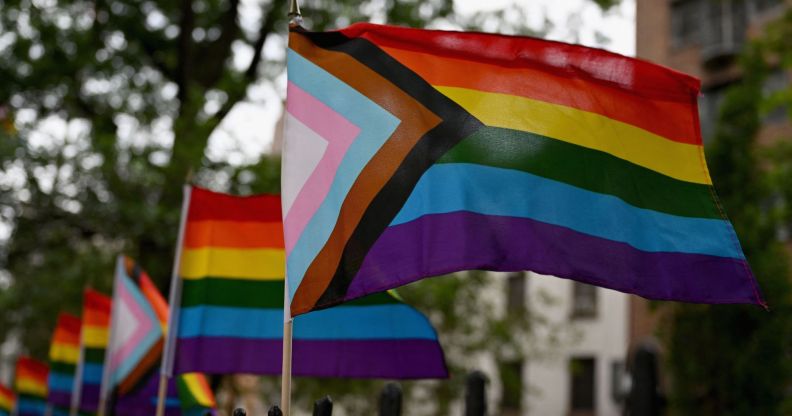Florida becomes latest state to finally ban repugnant ‘gay panic’ defence

Pride House will ensure that there are safe, supportive spaces at the 2026 World Cup.(Getty)
The state of Florida is finally banning the controversial “gay panic” defence that can be used in sexual assault offences against LGBTQ+ people.
The legal strategy was eliminated from valid legal defences in Florida courts on Wednesday (25 January) by Democratic senate leader Lauren Book.
The so-called “gay panic” defence – also known as the homosexual advance defence – allows defendants to argue that a sexual advance by an LGBTQ+ individual was so shocking to them, that they became temporarily insane and committed the crime in question.
It grew out of a combination of legal defences in the late 1800s and has been used in countries such as the UK, Australia, and the Philippines.
Despite much of the world opting to remove the legal defence, many US states have fallen behind on its removal. Of the 50 states in the US, only 14, as well as Washington DC, have enacted “panic defence” bans.
California was the first to enact a ban in 2014 following a campaign by the American Bar Association a year prior, followed by states including New York, New Jersey, Nevada, and Illinois.
Now, after years of debate on the topic, Florida will join states in banning the abhorrent legal argument.
Orlando Democratic representative Rita Harris, who helped file the ban, urged lawmakers across the US to help ban the defence, which she said helped to “justify” hate crimes.
“It’s unacceptable to put the onus of an attack against a member of the LGBTQIA+ community on the victim for simply being who they are,” she said. “They have every right to the freedom to exist without harm.
“As things stand now, a person could attempt to mount a legal defence to justify assault or even murder because the victim was someone in the LGBTQIA+ community.”
Florida Senate reports overwhelming hate crime statistics
According to research reported by the Florida Senate, sexual orientation and gender identity ranks the third highest motivator in hate crimes, followed by race and religion.
It further reported that one in five LGBTQ+ individuals have experienced a hate crime in their lifetime, while the statistics are even higher for trans and non-binary people.
While it’s especially rare for a defendant to be found not guilty as the result of the defence, it is commonly used in mitigating sentences.
It was used during a murder trial in which musician James Miller stabbed fellow guitarist Daniel Spencer to death in 2015.
Defence attorneys argued in a 2018 trial that Miller’s outburst was only explained through an alleged sexual assault – which there was no physical evidence of – that caused him to become temporarily insane.
The defence worked, mitigating what would have been a murder charge to a six-month jail term and 10-year probation sentence.
How did this story make you feel?

